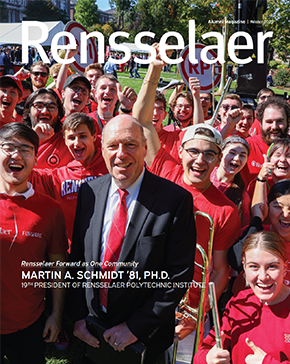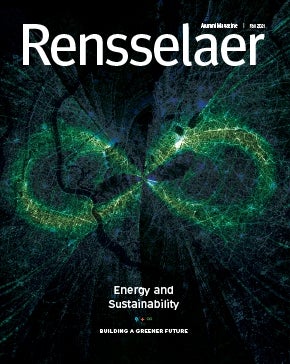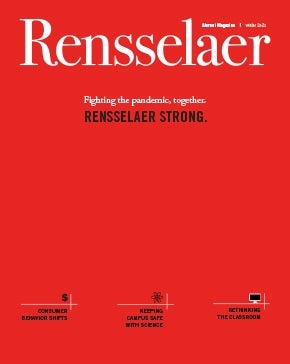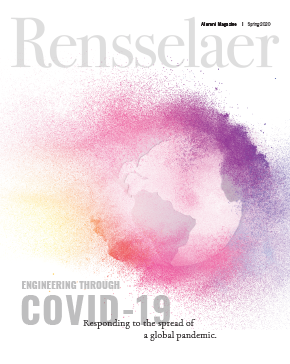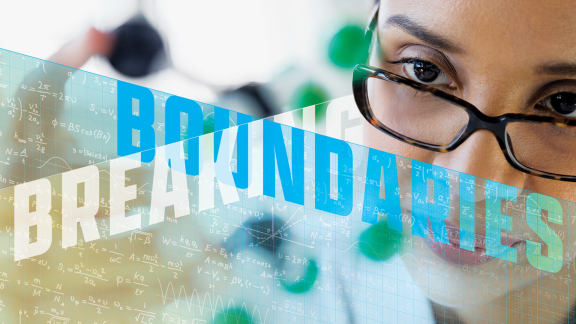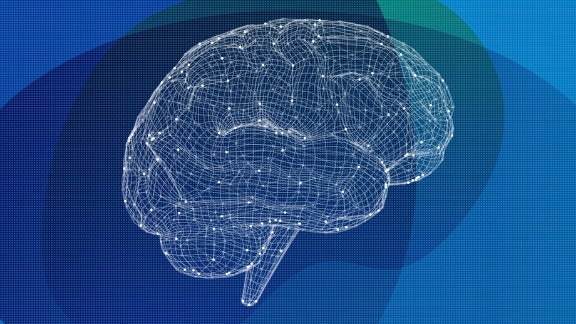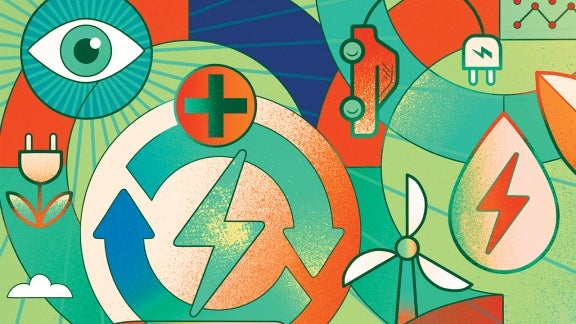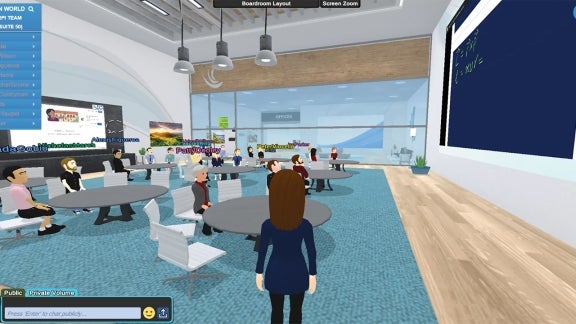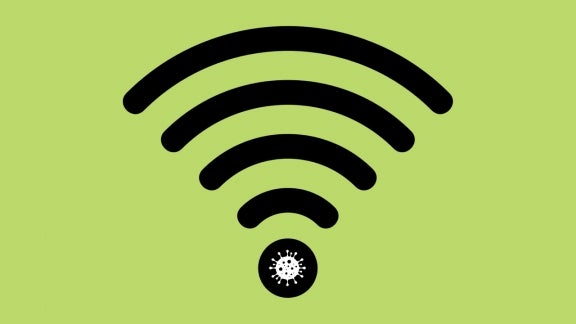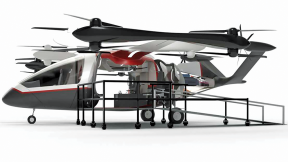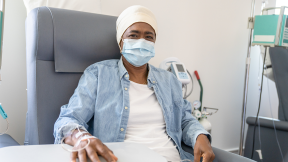
Reducing Jet Lag To Improve Alertness

Whether you’re traveling for work or for fun, nothing ruins the start of a trip quite like jet lag. Engineers affiliated with the Lighting Enabled Systems & Applications (LESA) Center have developed a way to deliver personalized advice using smart wearable technology to help travelers adjust more quickly.
In a series of articles, including one published in PLOS ONE, the researchers explain how they have developed and demonstrated a series of algorithms that can analyze biometric information recorded by a smart device and then recommend the best combination of sleep and light to help a person readjust their circadian rhythm.
Circadian rhythms are master internal clocks that help regulate many of our physiological processes, including sleep, metabolism, hormone secretion, and even how our brain functions. Energy, alertness, and other biological processes can suffer when that rhythm doesn’t align with the clock one is actually trying to follow.
“Using these algorithms and a mathematical model of a person’s circadian rhythm, we have the ability to compute the best light to adjust your circadian rhythm and foster your well-being. This opens the opportunity to create a smart and healthy environment,” says Agung Julius, associate professor of electrical, computer, and systems engineering.
The same, he says, goes for determining the sleep a person needs, both how much and when it should be received.
